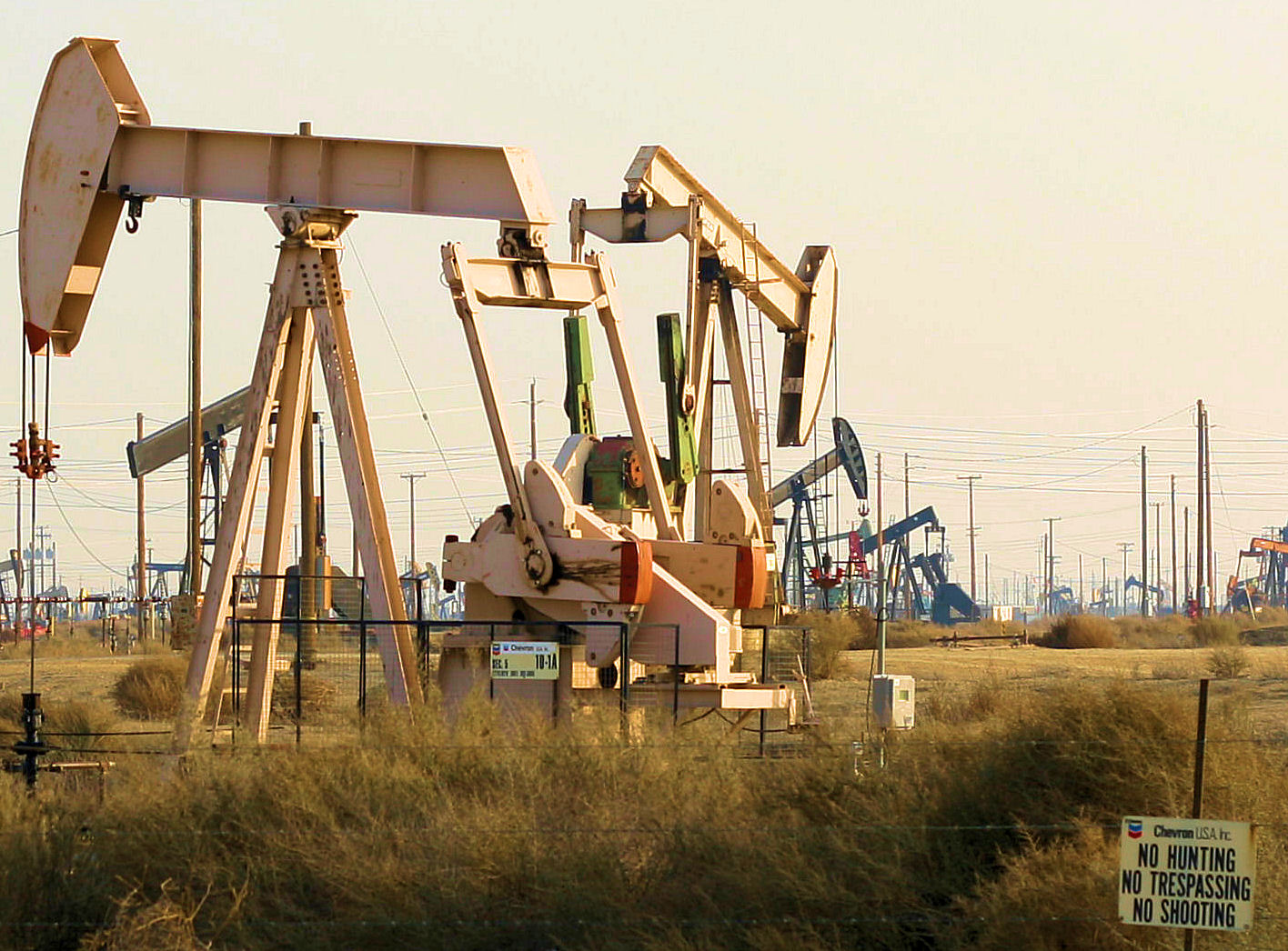The IEA published its report at the very time when Venezuela, with its largest oil reserves in the world, is experiencing the worst modern humanitarian crisis in the Western Hemisphere.
"Most of the country has remained paralyzed for a long time due to the energy collapse. The situation may improve, but degradation of the power system is so severe that one cannot be sure that any recovery will be durable... During the past week many industry operations were disrupted, large losses could lead to serious consequences, "- the IEA says in its report.
Earlier, an accident occurred at the Guri Dam hydroelectric power station. As a result, most of the South American country was left without electricity for several days. These disruptions led to a reduction in the oil exports of the OPEC member country, and millions of citizens are now struggling to find food and water.
Last week, electricity supply was restored in many parts of Venezuela. However, without electricity, there are still many regions of this rich in oil, but poor country. Many expect that the situation will not change for several weeks or even months.
Venezuela’s internal power supply is largely dependent on its hydropower infrastructure, and not on its oil reserves. Nevertheless, in recent years, Venezuelans have almost every day been faced with power cuts and water shortages against the background of inefficient economic management.
Until recently, the IEA said that Venezuela was producing 1.2 million barrels per day. Also, the largest OPEC countries and non-OPEC countries, including Russia, agreed to reduce oil production by 1.2 million barrels.
The IEA added that due to the cuts, OPEC members can count on the amount of reserve capacity at 2.8 million barrels per day, two thirds of which may belong to the actual OPEC leader of Saudi Arabia.
“Most of the reserve capacity consists of oil, which in quality is not inferior to Venezuela’s exported oil. Thus, in the event of a loss of supplies from Venezuela, there are theoretically ways to avoid disruptions in the oil market,” the IEA said.
source: reuters.com
"Most of the country has remained paralyzed for a long time due to the energy collapse. The situation may improve, but degradation of the power system is so severe that one cannot be sure that any recovery will be durable... During the past week many industry operations were disrupted, large losses could lead to serious consequences, "- the IEA says in its report.
Earlier, an accident occurred at the Guri Dam hydroelectric power station. As a result, most of the South American country was left without electricity for several days. These disruptions led to a reduction in the oil exports of the OPEC member country, and millions of citizens are now struggling to find food and water.
Last week, electricity supply was restored in many parts of Venezuela. However, without electricity, there are still many regions of this rich in oil, but poor country. Many expect that the situation will not change for several weeks or even months.
Venezuela’s internal power supply is largely dependent on its hydropower infrastructure, and not on its oil reserves. Nevertheless, in recent years, Venezuelans have almost every day been faced with power cuts and water shortages against the background of inefficient economic management.
Until recently, the IEA said that Venezuela was producing 1.2 million barrels per day. Also, the largest OPEC countries and non-OPEC countries, including Russia, agreed to reduce oil production by 1.2 million barrels.
The IEA added that due to the cuts, OPEC members can count on the amount of reserve capacity at 2.8 million barrels per day, two thirds of which may belong to the actual OPEC leader of Saudi Arabia.
“Most of the reserve capacity consists of oil, which in quality is not inferior to Venezuela’s exported oil. Thus, in the event of a loss of supplies from Venezuela, there are theoretically ways to avoid disruptions in the oil market,” the IEA said.
source: reuters.com





